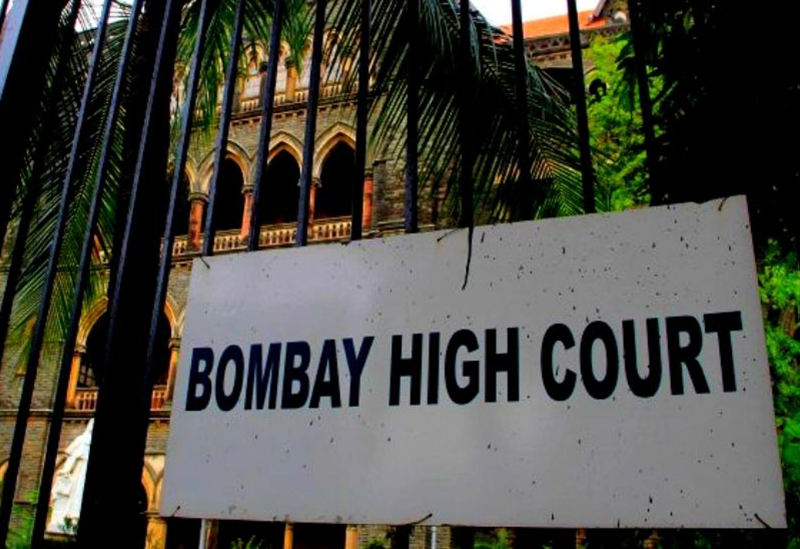- Crime and Courts
- No Comment
INDIA: Court acquits Zimbabwean woman jailed over cocaine in stomach and rectum at airport

By Staff Reporter
INDIA: The Bombay High Court has acquitted a Zimbabwean woman who was arrested in 2015 after being found with nearly one kilogramme of cocaine concealed in her stomach and rectum.
The high court agreed with her lawyers that procedures had not been followed and overturned her conviction by the special Narcotic Drugs and Psychotropic Substances (NDPS) court.
According to reports from India, Sophia Cremancia Basikoro was arrested after being found with 78 pellets of cocaine. She at arrived at Mumbai airport from the United Arab Emirates (UAE).
She was arrested after the Narcotics Control Bureau (NCB) had received a tip that she was suspected to be carrying contraband.
She denied the allegations as officers searched person and belongings.

Officers then approached a magistrate and permission was granted a day later for a medical examination including abdominal X-ray.
The doctor examined her found two oval pellets from the rectum and admitted her in the casualty ward for surgical removal of other pellets.
Over the next five days, Basikoro released a total of 78 pellets weighing nearly 1.07kg containing 946gm of cocaine.
She was then prosecuted for smuggling a narcotic substance into the country leading to a conviction by the special NDPS court on October 29, 2021.
However, through her lawyer, Basikoro approached the Bombay High Cout challenging the conviction.
She argued that she was not told about her rights before the medical examination and that there was no compliance with other mandatory provisions as prescribed in the act.
Though the High Court agreed that she declined to be examined in the presence of a magistrate and that nothing was found at the airport.
“As per suspicion, she was brought to the hospital, but it was necessary to examine the accused again in the presence of a magistrate, which wasn’t done,” the court ruled.
